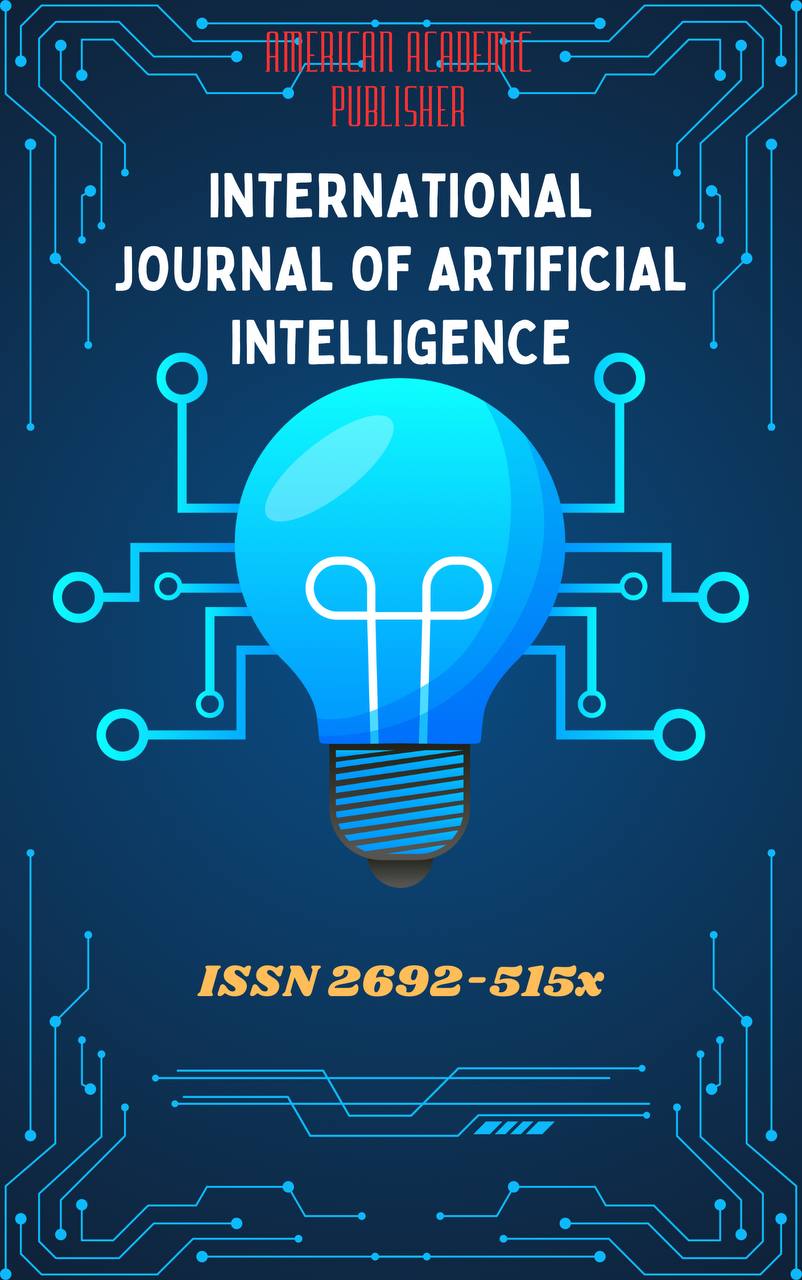 Articles
| Open Access |
Articles
| Open Access | THE INFLUENCE OF SOCIAL MEDIA ON ENGLISH LANGUAGE USE AMONG YOUTH
Ismailova Farangiz Anvar qizi , Student of the Department of English, Faculty of Philology, Karshi State UniversityAbstract
This article examines the influence of social media on young people’s English language use, highlighting both its positive and negative impacts. The study draws upon the theories of David Crystal (2011) and Dashiel (1952), who both emphasized the adaptive nature of language. Supporting their views, this paper argues that social media acts as a modern environment for linguistic evolution, where English constantly changes through informal digital communication. However, while this development fosters creativity and global communication, it can also contribute to a decline in formal writing standards. Furthermore, through examples and analysis, this research provides evidence that social media platforms not only serve as learning tools but also reshape linguistic identity among youth.
Keywords
digital communication, interaction, internet, active users, English styles, positive influences, negative influences, grammatical accuracy.
References
Crystal, D. (2011). Internet Linguistics: A Student Guide. Routledge.
Dashiel, F. (1952). Linguistic Adaptation and Social Context. Journal of Modern Philology, 7(2), 112–130.
Thurlow, C., & Mroczek, K. (2013). Digital Discourse: Language in the New Media. Oxford University Press.
Baron, N. S. (2008). Always On: Language in an Online and Mobile World. Oxford University Press.
Tagliamonte, S. A. (2016). Teen Talk: The Language of Adolescents. Cambridge University Press.
Klimova, B. (2019). Impact of Facebook on English Writing Skills of University Students. Journal of Linguistic Studies, 15(4), 45–58.
Androutsopoulos, J. (2014). Mediatization and Sociolinguistic Change. De Gruyter Mouton.
Article Statistics
Downloads
Copyright License

This work is licensed under a Creative Commons Attribution 4.0 International License.

